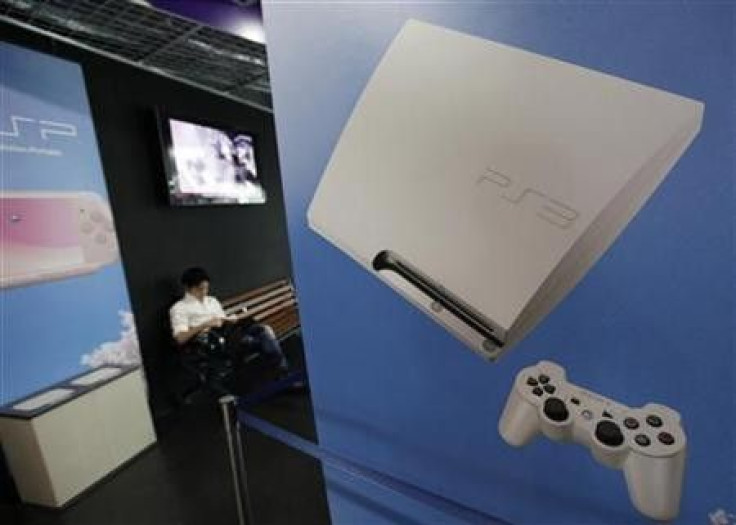Sony to Complete Worldwide Restoration of PlayStation Network, Qriocity

Sony said Monday its PlayStation Network will spring back to life in Japan this week after a nearly three-month gap, confirming finally that the gaming giant is burying the ghost of the PSN hack that tormented it for so long.
The consumer technology giant, which came in the crosshairs of hacker groups, said Japanese users of PSN will be able to access PlayStation Store and Qriocity services beginning this Wednesday.
The services, suspended worldwide following a massive hacker attack on the PlayStation Network, PlayStation Web site and Qriocity service, had been partially operational in different regions in the last month. Online gaming services resumed first in North America, followed by Europe and parts of Asia excluding Japan. Also, the PlayStation store was opened again to consumers across the globe except Japan. With the whole range of services returning to life this week, Sony is looking to turn a new page.
The hacker attacks, which happened between April 17 and 19, had exposed data on 77 million PlayStation accounts. Later reports showed even credit card details of as many as 24.6 million customers having Sony Online Entertainment accounts were compromised.
Sony then went into damage-control mode and pulled the plug on services like gaming and music streaming. The tech giant also apologized for one of the largest security breaches in history and offered incentives to affected users.
The Sony Online Entertainment (SOE) portal was then attacked, compromising data on as many as 25 million customers. Sony took that site down as well.
In early April, the hacktivist group Anonymous said it had targeted Sony's online PlayStation store. A distributed denial of service (DDoS) attack had resulted in a temporary glitch.
Anonymous had reportedly called on hackers to attack Sony after the company took on legendary PlayStation 3 hacker George Hotz, who kept posting PS3 exploits onto his personal Web site. While Sony took Geohotz to court over this, it also assiduously worked with Internet Service Providers Paypal and YouTube to lay hands on the IP addresses of users who viewed the exploits.
This angered digital privacy warriors who vowed revenge on Sony for its alleged privacy invasions, triggering several denial of service attacks and other data breaches.
© Copyright IBTimes 2024. All rights reserved.











